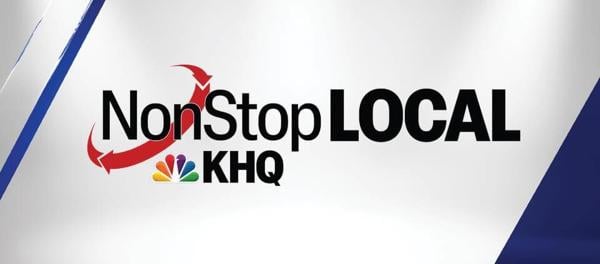

In a significant move that promises to reshape the educational landscape for families across North Carolina, GOP legislative leaders have unveiled a new spending plan that addresses a variety of state programs, including the much-talked-about Opportunity Scholarship program. This development is not just a footnote in the legislative calendar; it has the potential to impact thousands of families throughout the state, especially those eager to enroll their children in private schools.
To set the stage, let’s dive into what the Opportunity Scholarship program is all about. Established in 2013, this initiative aims to provide financial assistance to families who wish to send their children to private schools. The program was designed to foster educational choice, allowing parents to pursue the best educational fit for their children, irrespective of their economic background. However, last year marked a turning point for the program. When the North Carolina General Assembly voted to eliminate income caps on the scholarships, there was an unprecedented surge in applications. This sudden spike left many families in limbo, as a backlog of requests emerged, leading to a significant waitlist for applicants who had hoped to make the switch to private education.
Lawmakers have now stepped in to rectify this situation through their new spending deal. With the extra funds allocated to the Opportunity Scholarship program, state officials are optimistic about providing scholarships to families that have been waiting for approval. This move could open the doors to educational opportunities for many students who otherwise might not be able to afford private schooling. The changes are particularly noteworthy as they aim to address the desires of families across North Carolina who value the flexibility afforded by educational choice.
But that’s not all that’s on the legislative agenda. Alongside the funding for educational programs, the spending bill also includes a provision aimed at bolstering law enforcement and immigration compliance. The bill will require sheriffs in the state to cooperate with federal immigration agents by holding inmates at their request. This controversial provision has sparked considerable debate across the state, raising questions of local sovereignty versus federal interests. While proponents argue that it enhances public safety and ensures that those who may be in the country unlawfully are dealt with appropriately, critics view it as an overreach that could lead to racial profiling and the erosion of trust between law enforcement and immigrant communities.
As discussions unfold around the implications of the new spending deal, it’s clear that the Republican legislators are positioning themselves firmly in favor of educational reforms and tougher immigration policies. The potential impact on families and local communities is significant, as the increased funding for the Opportunity Scholarship program could alter the educational opportunities available to students across the state.
Moreover, the emphasis on compliance with federal immigration requests reflects broader national conversations regarding immigration policy and local governance, placing North Carolina squarely in the crosshairs of this ongoing debate. Critics of the legislation have raised concerns that such mandates can divert local resources and lead to strained relationships between law enforcement and communities, particularly among immigrant populations.
As we observe the unfolding narrative in North Carolina, it’s essential to note the potential rippling effects of these policy changes. The introduction of additional funding for educational scholarships could encourage more families to consider private school options, potentially leading to shifts in enrollment patterns that could affect public schools as well. Parents will have a renewed pathway to pursue their child’s education in environments that better match their values or educational philosophies—a fundamental goal of the Opportunity Scholarship initiative.
In the coming weeks, we expect legislators to debate these proposals further, with both supporters and critics poised to weigh in on their implications. The spotlight will remain on North Carolina as stakeholders from all sides engage in discussions about the future of education, immigration policies, and the broader community impact. As this story develops, it will be vital to follow how these changes will play out at both the legislative level and within the hearts and homes of the families affected.
Keep an eye on local news and educational forums that closely monitor these changes, as they will undoubtedly have a lasting effect on the fabric of North Carolina’s community and educational landscape.



